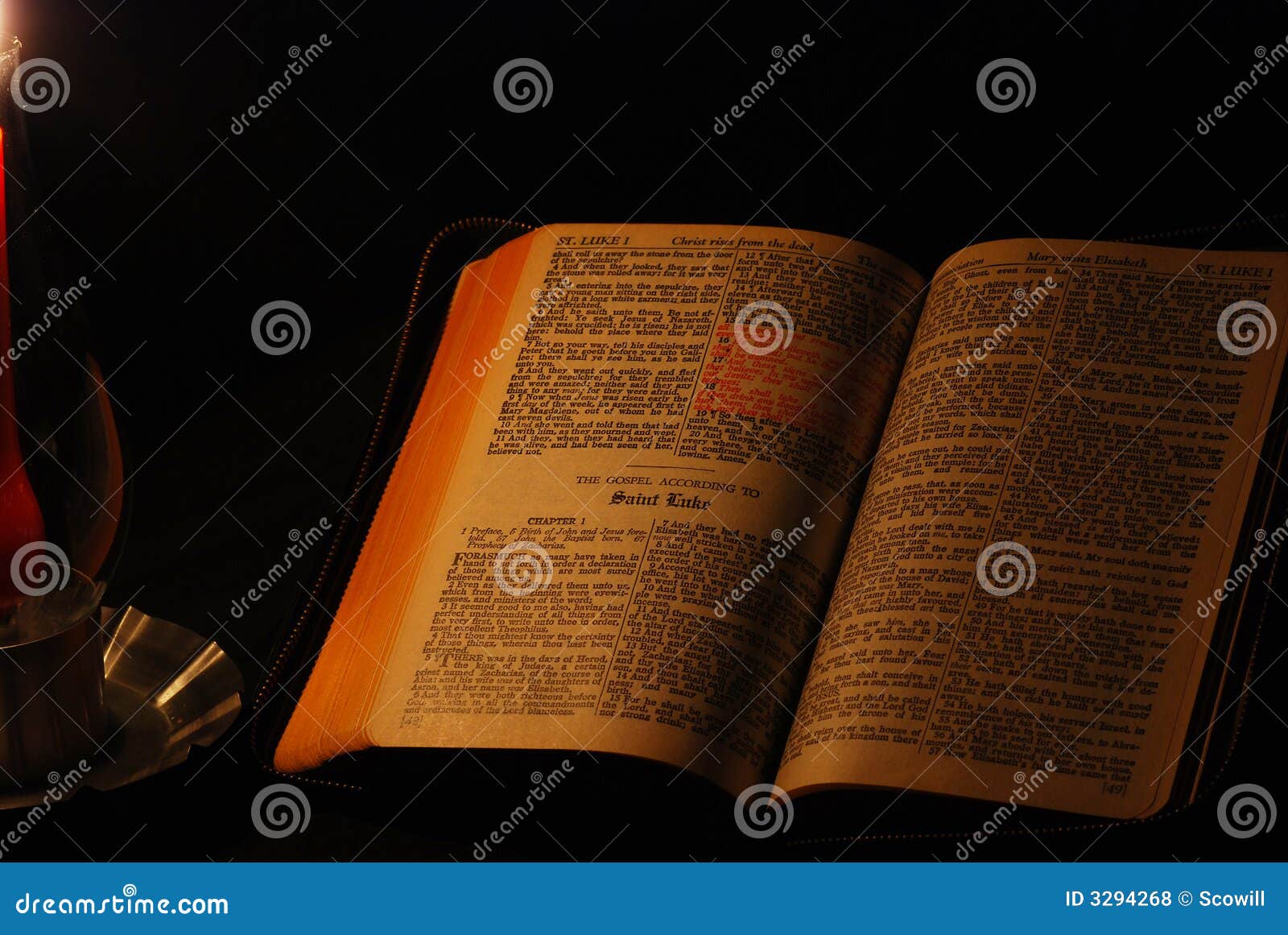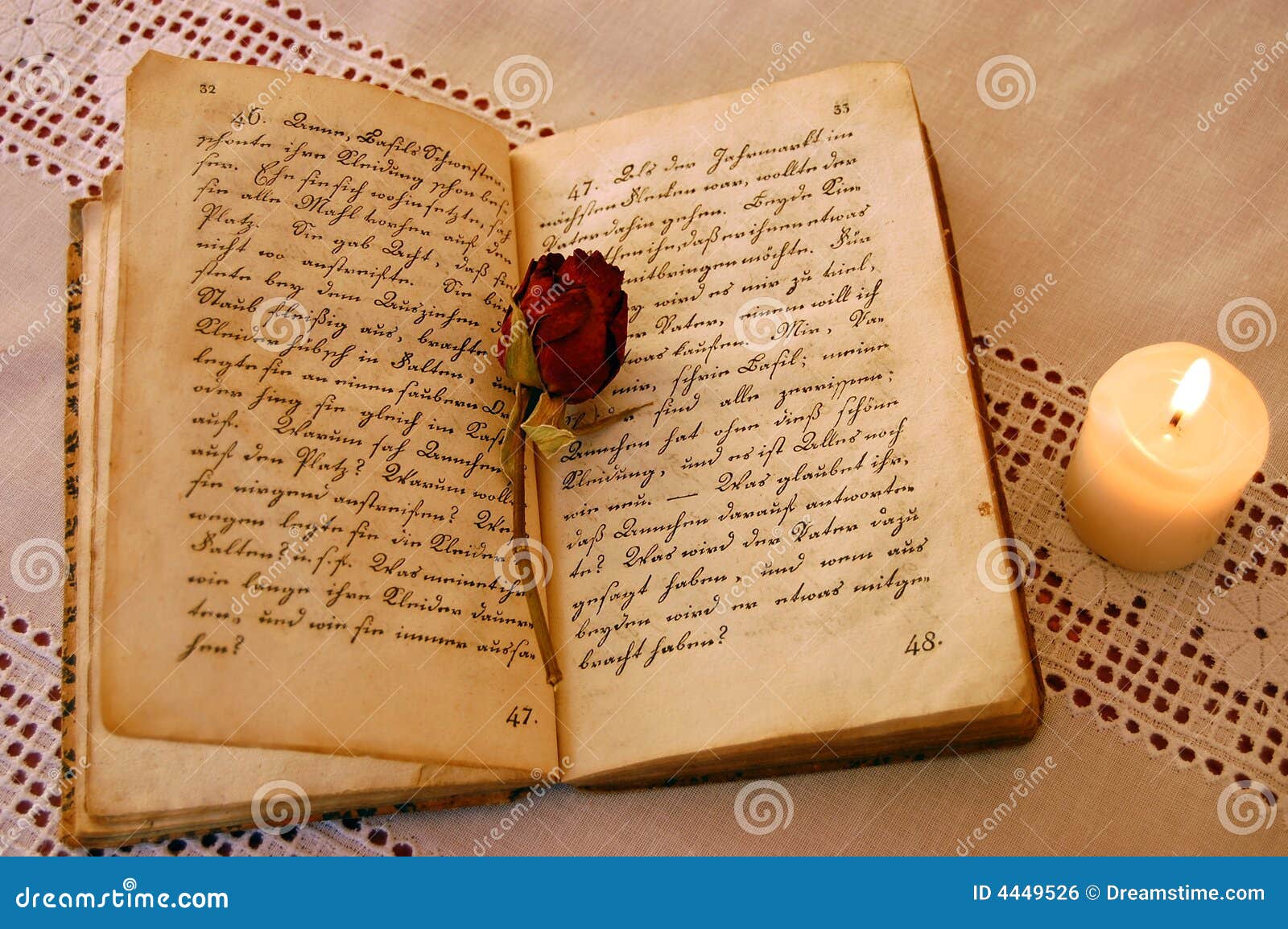
The only thing better than tucking in with a great read is having a candle (or, if you’re as candle-obsessed as me, about a dozen) to light alongside it. Plus, there’s just something homey about a candlelit book nook.

From scents that invoke the settings of classic books (Pemberley gardens or Sherlock Holmes’ study, anyone?) to those that smell like aging pages themselves, you can find a literary candle for practically every reading (and sniffing) preference. Indulgent must-smells designed to pair perfectly with your latest must-reads, book-inspired candles are all the rage with readers right now - and candlemakers have definitely taken notice.

To guarantee the best possible reading experience, it is important that you use reading glasses customised by an optician.There are just some things that go hand-in-hand with being the ultimate book lover: drinking excessive amounts of coffee, taking a book with you wherever you go, constantly having an online cart filled with the newest best sellers, being on a first name basis with your favorite book characters, and totally nerding-out over book-inspired anything - and that definitely includes literary themed candles. Those with this problem then find it difficult to focus at short range. As we get older, the lenses of our eyes lose elasticity, thus reducing their ability to curve, or "accommodate", meaning that they can no longer adjust to close distances. And parents don't need to worry about their kids when they read under the covers with a pocket lamp - at worst, it might be more difficult than usual to get them out of bed the next day!īut no matter whether the light is dim or bright, if you need to hold the book far away to make out the letters, you need to be wearing reading glasses. It only takes a few minutes, and then your eyes will feel refreshed and ready for action again. All the same, it's good to give your visual organs a break now and then, either by putting the book to one side for a moment and closing your eyes, or doing a little visual workout. So if you love reading a good book with the lights down low, there's no need to worry about your eyes. However, it doesn't damage the eyes, as they can relax and recover as soon as they are closed. The result: reading in dim light is much more strenuous. The molecular structure changes when the ambient light is reduced. They require a special pigment, rhodopsin, also known as visual purple. In dim or poor light, the light-sensitive rods are particularly important. When trying to make out letters in weak lighting conditions, two particular parts of the eye are used: the ciliary muscle, which needs to keep the lens taught in order to read letters, and the photoreceptors themselves. Despite this, the eyes themselves do not suffer from this process, according to a study by American scientists published in the renowned periodical British Medical Journal.īut why are our eyes not damaged by the extra strain? To understand this, we need to take a glance at how our eyes work.

This makes reading more strenuous, and the eyes get tired more quickly, potentially resulting in red eyes and headaches. However, one thing is clear: reading by light requires more strain on the eyes to make out the words. There is currently no evidence at all to suggest that reading in poor light damages your eyes. Scientists still argue about this issue today: reading in poor light damages your eyes.


 0 kommentar(er)
0 kommentar(er)
